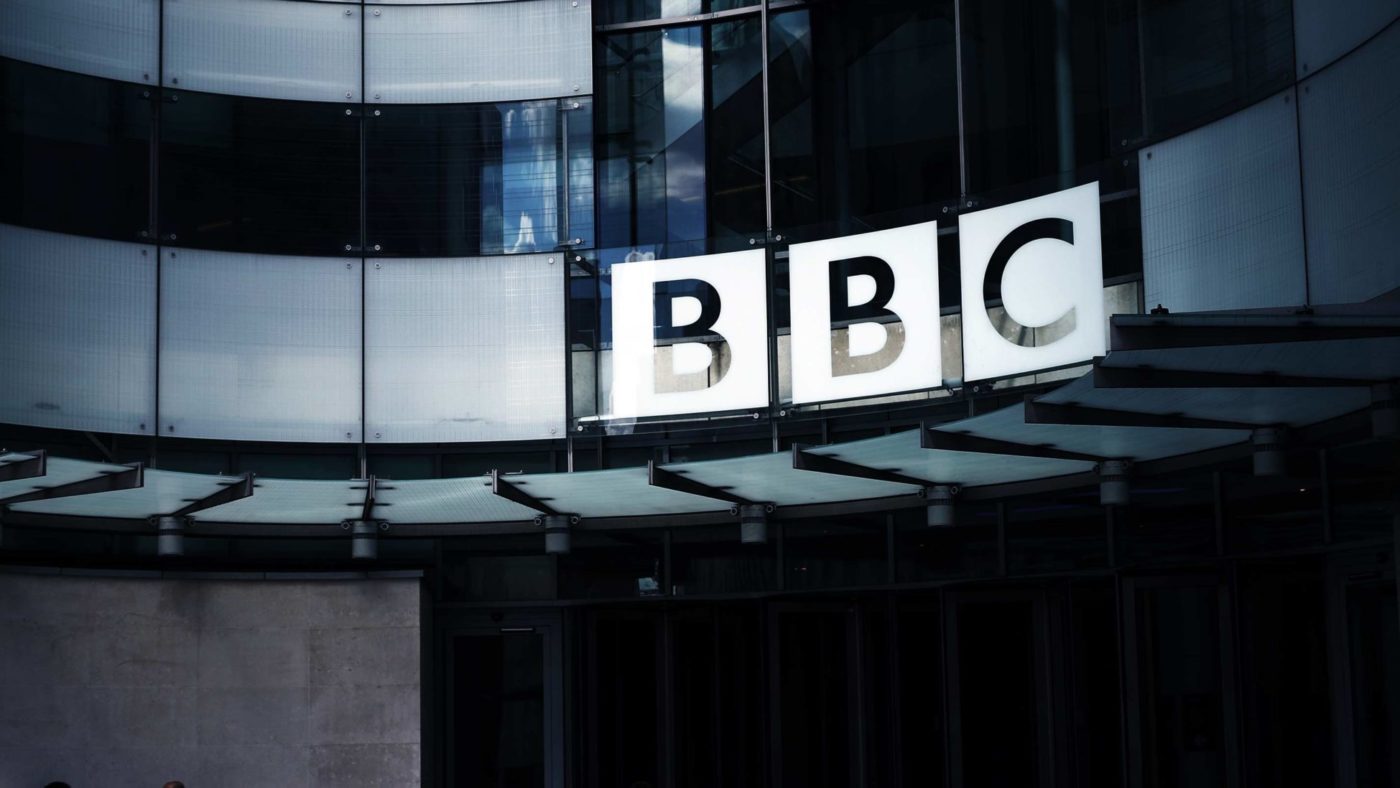Maybe I’m biased; growing up in the North East and representing Stonehaven, the birthplace of John Reith.
But it is not just my innately Scottish sense of defending one’s own that lends me to feel so uncomfortable when I hear colleagues crying ‘defund’, ‘decriminalise’ and ‘subscribe’.
No, the reason I defend the corporation, for all its faults, is my deeply help and eminently provable belief that we have, in it, the greatest public service broadcaster in the world.
One to which other countries look with envy. One to which the nation still turns in times of crisis or national event. One that is recognised across the world as a voice for freedom of thought, opinion and debate. One that supports the creative arts, education, music new and old, and one of the last institutions that is truly British – truly shared and that binds us together as a nation.
It is somewhat ironic that we should be discussing the future of our national broadcaster following a crisis. For it was in the wake of another crisis that the BBC was formed. Although established as the British Broadcasting Company in 1922, it wasn’t until 1927, having established itself as a reliable and impartial deliverer of news during the previous year’s General Strike, that the BBC as we know it today, a non commercial, Crown Chartered organisation, came into being.
And again, particularly in the early days of lockdown, it was to the BBC – be it BBC News, the One Show, BBC Radio or Online – that the vast majority of people turned to get reliable, impartial news and guidance in a period of great anxiety.
Since the General Strike and through every major event since, from war to election to pandemic, the British people have turned to the BBC.
How they have done so has changed, that is beyond question. But the fact that every week over 90% of the population interact with the BBC’s broadcast or online output demonstrates the indelible link that we as people have with our national broadcaster.
The arguments surrounding the future of the BBC tend to focus on two things – the impartiality of its news and how people pay for it.
What we never discuss, or at least not nearly as often as we should, is the huge cultural impact the corporation brings to our national life – be that supporting the Proms and Glastonbury; bringing the world’s greatest sporting events into everyone’s front rooms (regardless of sports package subscription); enhancing education through BiteSize and BBC History; its recognisably British children’s output on CBBies or CBBC, or its coverage of era-defining national moments – such as the 70th Anniversary of D-Day at Portsmouth, or Brian May blasting out God Save the Queen from atop Buckingham Palace during the Golden Jubilee.
Its investment in British drama and production is also often overlooked. Yes, Netflix and Amazon Prime make programmes about Britain and the British – but so often they are programmes as the world sees us, not as we see ourselves. Take Bridgerton, a candy floss, Austin petticoat Britain made for Americans, which we enjoyed at home, though it was hardly Wolf Hall.
ITV, Channel 5 and Sky are fantastic organisations and produce excellent programmes, news, sport and arts output whilst investing in British talent. However, like the streaming services, all are primarily driven to produce output based on ratings which, thankfully, the BBC does not have to do. How long would Songs of Praise, for example, remain on a broadcaster driven by ratings and commercial concerns?
Ironically, the commercial broadcasters succeed in what they do in very large part because the BBC is not competing with them. If the corporation were to move into that sphere, it would swallow much of the commercial finance and funding that currently allows the other broadcasters to invest and compete on a global scale.
And yes, a flat license fee is hard to defend in an age of choice and multiple streaming services, even if it is only £3 a week. A more progressive funding model should be investigated, as should some of the highest salaries and the way BBC News prioritises its stories.
But ultimately the BBC is ours. It echoes our values, our hopes, our fears, our dreams. It is one of our last Great British institutions, the gleaming shield of Britannia which not only reflects our Britain, but shines across the world.
Click here to subscribe to our daily briefing – the best pieces from CapX and across the web.
CapX depends on the generosity of its readers. If you value what we do, please consider making a donation.


